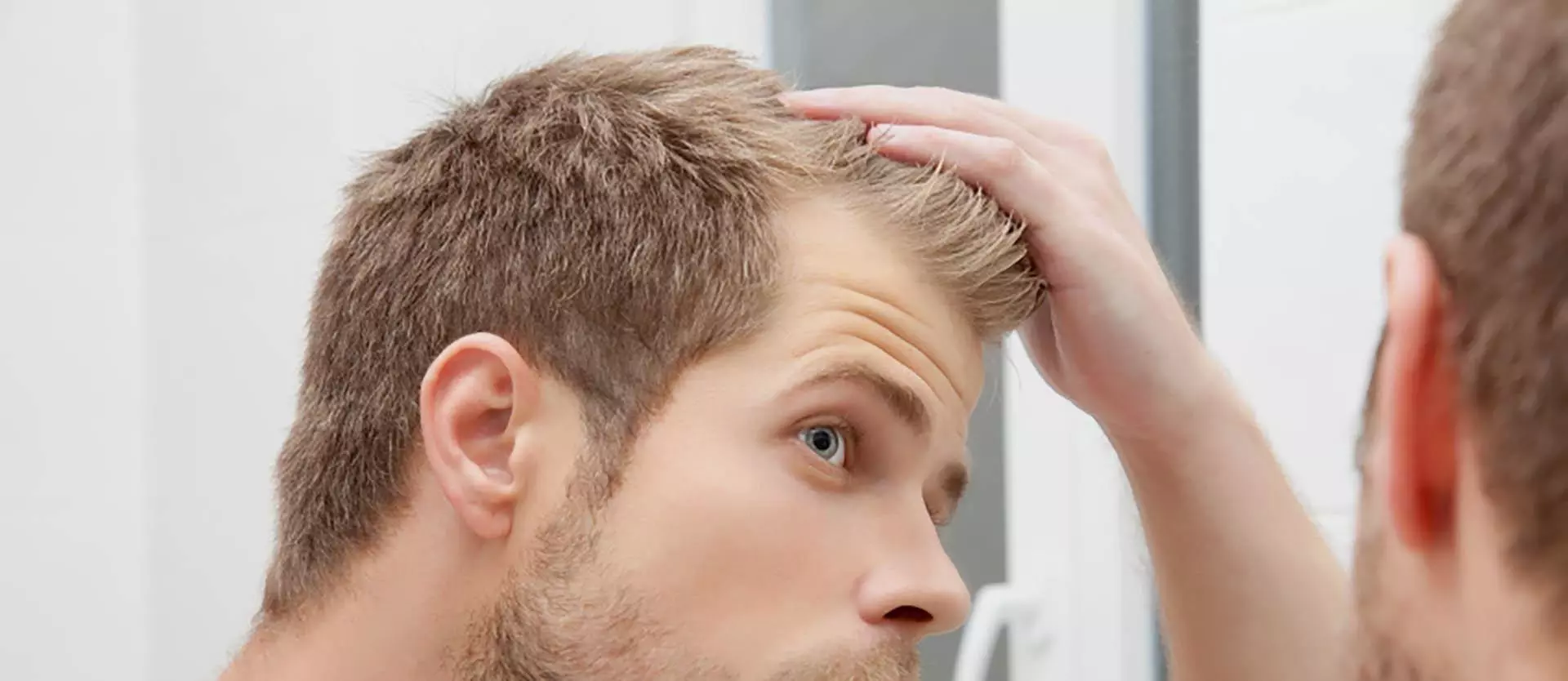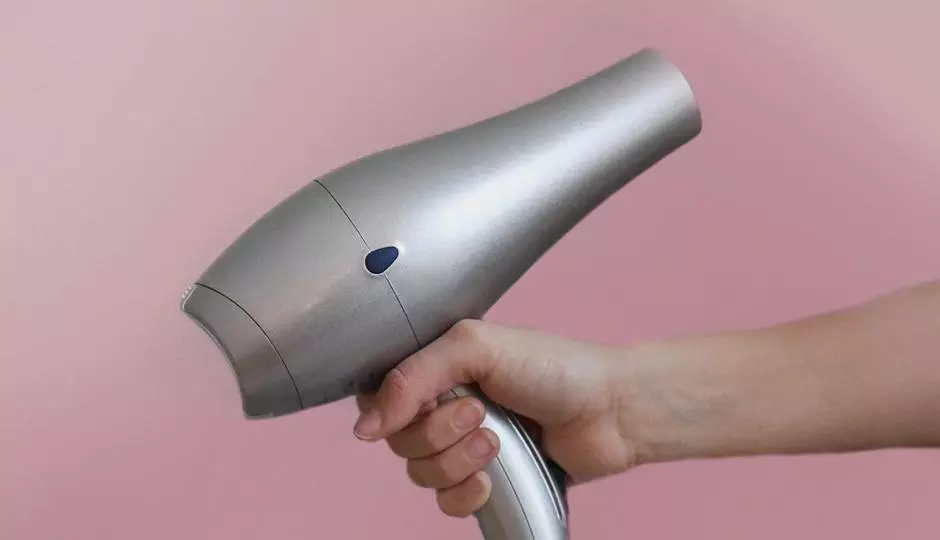For many men, losing hair seems like the likely outcome. Perhaps your father lost his hair and his father before you lost their hair. You knew it was coming from a young age. It's not always the outcome, though. Some research indicates that you can take steps to prevent the loss of hair. While male pattern baldness may be deeply rooted in hereditary factors, not all types of hair loss are. Men, there may be a few things you can do to reduce your risk or at least the amount of hair loss you are struggling to come to terms with in the future.
What's Behind The Loss?
It's an important first step for men to understand why they are losing their hair in the first place. Understanding the cause may be more within reach than you think. In some cases, male pattern baldness (also known as androgenetic alopecia) is easily diagnosed, especially when you are losing hair on the sides and the middle portion of your head. However, if you have thinning hair that spreads out over the scalp more readily, the cause may not be as clear.
This type of hair loss is often associated with health-related causes. And, this is when it is a good idea to talk to your doctor. For example, if you are seeing thinning at your scalp rather than your crown or temple areas, this could be due to hormonal deficiencies. In some cases, nutritional deficiencies are also a factor. For example, you may have a thyroid problem. You may be not getting enough protein in your diet. In these situations, understanding the cause can help you to find a solution.
In short, you should not assume that your hair loss is directly related to genetics. Your hair loss may be due to a cause related specifically to an illness or underlying health factor. If this can be pinpointed, you can reverse it, in many cases, through dietary changes or hormonal regulation. This can be an easy way to prevent long term and permanent hair loss.
What About Treatments and Topical Solutions?
While there are some types of hair loss treatments for men that can be helpful, it is best to leave it to the pros. In other words, head in to see your dermatologist for an exam and recommendations for reducing hair loss. You may also turn to a hair loss professional for advice and guidance. Rather than spending a great deal of money on the over-the-counter products you learn about on late-night TV, focus on science and what doctors can recommend for you. What should you consider?
- Propecia, also known as finasteride, is an FDA-approved product for hair loss
- Rogaine, also known as minoxidil, is another solution
- Low-level laser therapy is an FDA-approved treatment to prevent further loss of hair and stimulate healthy hair growth
Be sure that you talk to your doctor about the underlying problem before you use products that seem like magic solutions. In many cases, they aren't going to be as effective as possible.
Consider Scalp Therapy Based on Trichology
Another step to take to prevent hair loss is to improve the use of products you are using by caring for your scalp. Some shampoos can be harsh on the scalp while others do nothing for improving the health of your hair. Look for a product that's an antifungal, for example, if you have dandruff. CRLAB products that are all-natural can help to reduce the production of DHT in the hair follicles.
Improve Your Diet
Finally, work on your diet. Your diet plays a role in the health of your hair. That's important - you need to give your hair and follicles the very best level of attention through nutrition. This may mean not eating as much fried foods and reducing sugar intake to keep insulin from flooding your bloodstream. These can trigger the release of testosterone, which converts to DHT. Avoiding this can help to stop hair loss.
When it comes down to it, you can take significant steps to prevent hair loss just by improving your diet and lifestyle. Talk to specialists about your specific area of needs. Ultimately, you'll want to know what is causing the underlying problem first and then work on finding a solution. You'll find a wide range of solutions available to you. You may be able to keep those locks for longer than you think.
For more information on hair loss prevention options, contact the professionals at Unique Hair Concepts.






